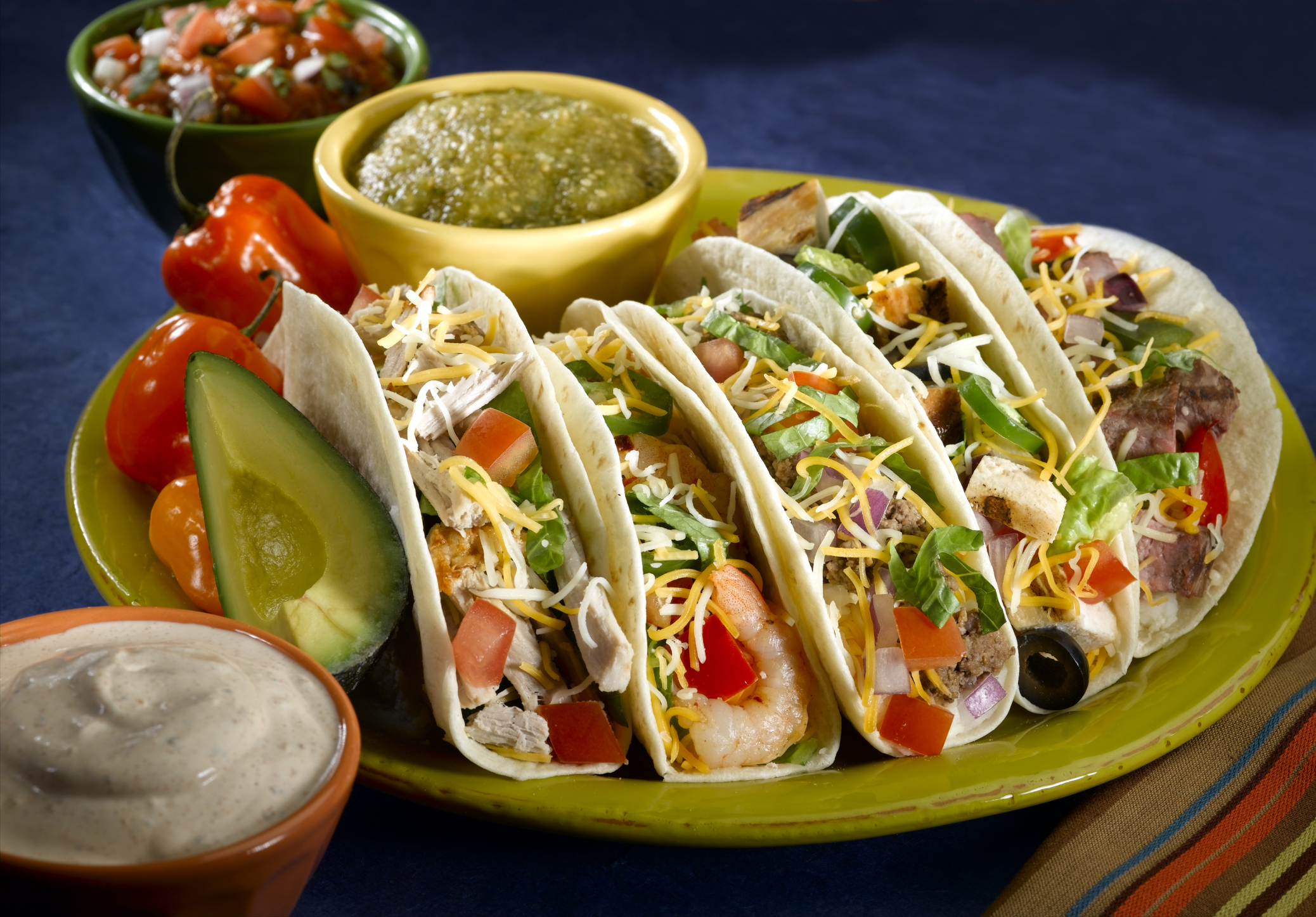American colleges — the un-educating of young America
A college student’s essay about ethnic food in America is a depressing window into the fact that American colleges don’t educate, they “un-educate.” Several hours ago, I sat down to write a post about religion and culture. I got as far as picking a title for my post when I
Continue reading
